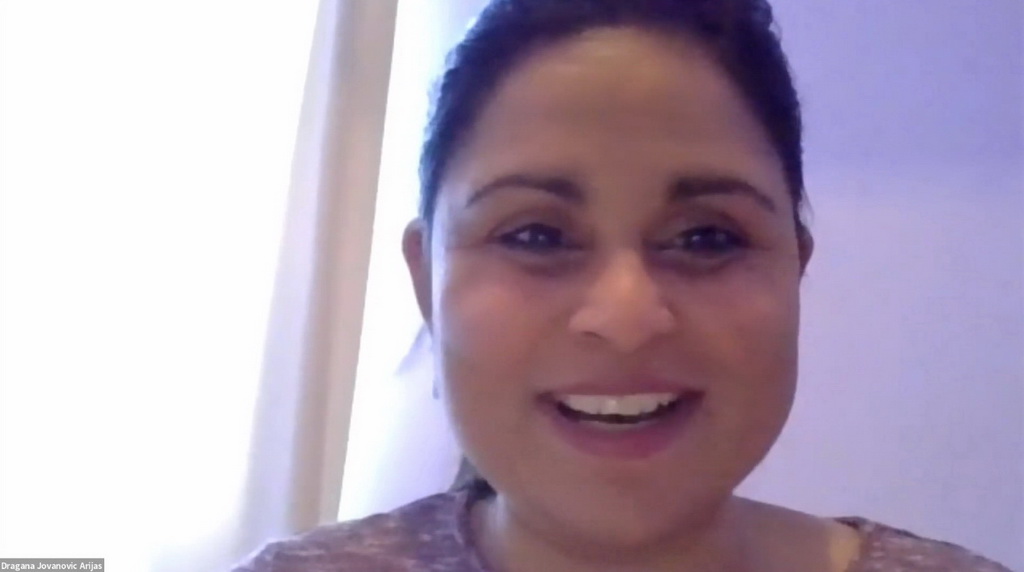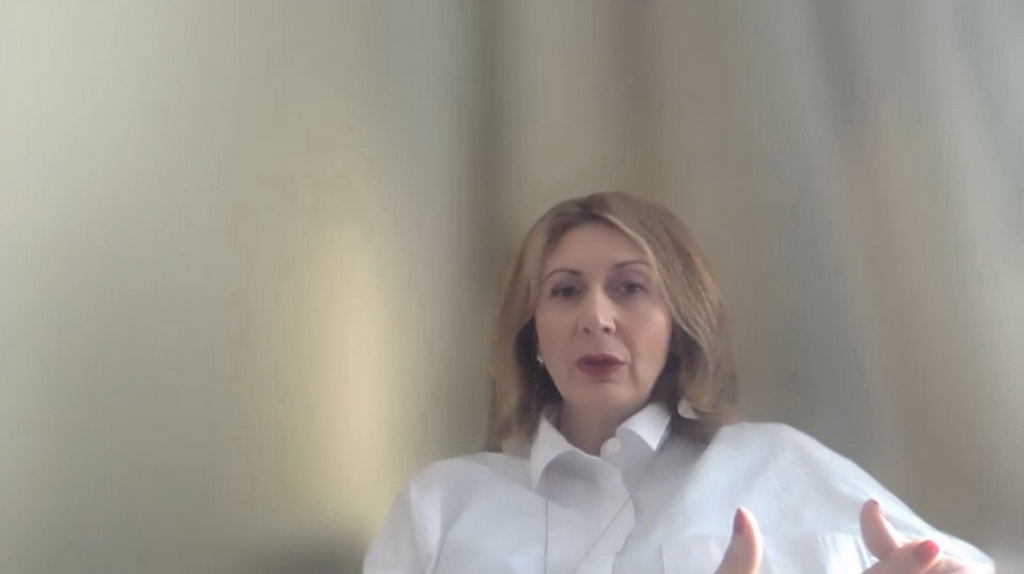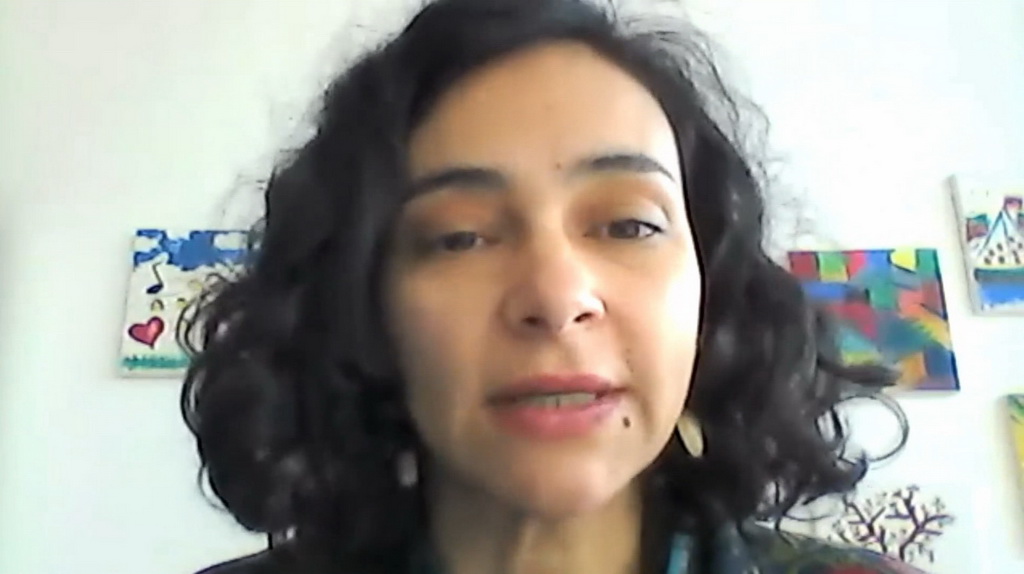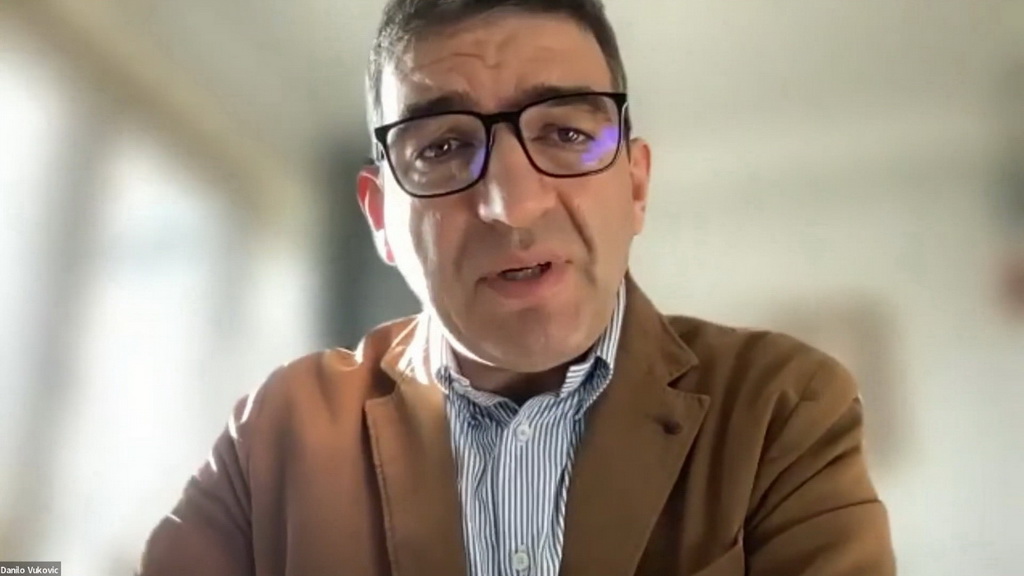 The Social Inclusion and Poverty Reduction Unit of the Government of the Republic of Serbia (SIPRU) has presented the second online Social Inclusion Course, developed with the expert support of SeConS Development Initiative Group. The online Social Inclusion Course was developed under the project “Support for the Improvement of Social Inclusion in the Republic of Serbia”, implemented by the Social Inclusion and Poverty Reduction Unit of the Government of the Republic of Serbia with support by the Government of Switzerland.
The Social Inclusion and Poverty Reduction Unit of the Government of the Republic of Serbia (SIPRU) has presented the second online Social Inclusion Course, developed with the expert support of SeConS Development Initiative Group. The online Social Inclusion Course was developed under the project “Support for the Improvement of Social Inclusion in the Republic of Serbia”, implemented by the Social Inclusion and Poverty Reduction Unit of the Government of the Republic of Serbia with support by the Government of Switzerland.
“This online course was developed with the intent to provide all interested parties with the opportunity to solidify existing and acquire new knowledge in this field, better understand important concepts, and open some key issues regarding this important topic for our society”, said Dragana Jovanović Arijas, Manager of the Social Inclusion and Poverty Reduction Unit of the Government of the Republic of Serbia. She noted that this course should make it possible to see the interdependence of social inclusion and poverty reduction, as well as other relevant areas for improving the status of citizens, particularly those from vulnerable groups.
Olivera Vuković, the Executive Director of SeConS Development Initiative Group, noted that a very large team was involved in the development of this course, not only experts in these fields, but also those who contributed to presenting the content in an appropriate manner, in line with the format of the course. “This course is particularly important since it gathers interdisciplinary knowledge in a single place. I am glad that it was recognised that all knowledge and ideas presented in the previous online course need to be updated, innovated, and aligned with changes”, said Vuković.
Ivana Maksić, the Coordinator for Local Development and Manager of the LIP 2 programme for the Social Inclusion and Poverty Reduction Unit of the Government of the Republic of Serbia, said the Social Inclusion Course is intended for representatives of state institutions at the national and local level, civil society organisations, the private sector, academic community, students, and all interested citizens. “The course consists of six modules, while the lessons within the modules are based on studies and analyses prepared and published by SIPRU throughout the years, and many other relevant studies and surveys. Further sources include Eurostat databases and data from official surveys by the Statistical Office of the Republic of Serbia, such as the Survey on Income and Living Conditions (SILC), Household Consumption Survey, and the Labour Force Survey”, said Maksić.
Danilo Vuković from SeConS Development Initiative Group said the importance of continuous learning is great, primarily for the development of institutional and personal capacities of people attending such courses. “The goal was to create a course that will contribute to better public policies in Serbia. Therefore, the course contains knowledge aimed at practices”, explained Vuković and noted the importance of the participation of experts for online learning and adult education in the process of course development. “This type of course is moving the boundaries of the educational system, public policy system, and administration in Serbia”, concluded Vuković.
“The issue of social inclusion is a horizontal issue, increasingly marginalised in the contemporary context. When we do not have a unified strategy, we risk leaving certain groups behind in development processes, and we know that the 2030 Agenda insists that one of the guiding development principles is to leave no one behind”, said Marija Babović from SeConS Development Initiative Group. She noted that social inclusion is part of various strategies and policies, but also that it would be very useful to have an integrated strategy that would enable a systematic approach to various aspects of exclusion for different groups. “The key value of this course is precisely that it indicates that policy creation must retain its focus on various factors of social exclusion”, noted Babović.
Each module in the course has a certain number of lessons, while the entire course consists of 38 mandatory lessons on various topics: from definitions of poverty and social exclusion, mechanisms for its monitoring, to vulnerable social groups under risk of poverty and social exclusion, social innovation and the welfare state.
Each module starts with a segment of Reflection, presenting a general introduction to the topic of the module. While reading the contents of the lessons, attendees can use the Notebook to create notes, i.e. collect important information and data. Each mandatory lesson is followed by the segment Knowledge+ or an optional segment not representing basic knowledge, but additional information regarding the contents of the lesson. The section Useful resources refers to links towards the relevant legislative and strategic framework that regulates the given area, and studies, analyses, publications and articles that provide additional information on the topic of the given lesson, while From a Personal Viewpoint provides success stories and blog posts on various topics related to the process of social inclusion. The Glossary section provides definitions and further explanations of key terms. Each module ends with a test that serves to check knowledge while attending mandatory lessons in a module, and the very end of the Course features a final test to check the acquired knowledge at the level of the entire course. If 80% or more questions were answered correctly at the final test, the attendee acquires the right to a certificate.
The course is free of charge and developed in line with the principles of digital accessibility. The online course can be accessed at: kurs.socijalnoukljucivanje.gov.rs.
Click here to view a recording of the presentation of the online Social Inclusion Course.
 Government of the Republic of Serbia
Government of the Republic of Serbia



















 pdf [271 KB]
pdf [271 KB]
Leave a Comment